You don’t need a heavy wallet to see the world. In fact, traveling on a tight budget can often lead to more meaningful experiences, deeper connections, and the kind of stories that money can’t buy. It’s not about spending less to do less. It’s about being smart, flexible, and intentional with every step of the journey.
Whether you’re a student dreaming of distant places or a seasoned traveler looking to save on your next escape, these ten smart strategies will help you go further without overspending. These aren’t just tips to cut costs. They’re tools to travel better:
1. Travel During the Off-Season
Traveling at the right time is the best way to save money before boarding a plane. During the off-season, destinations are quieter, flights are cheaper, and accommodation is more affordable.
Without peak-season crowds, you can explore at your own pace. Attractions are less crowded, locals are more relaxed, and your overall experience feels more personal.
You’ll also get better deals on everything from tours to meals. With fewer people around, even upgrades become more likely.
2. Use Fare Comparison and Deal Apps

Flight prices fluctuate constantly. That’s why fare comparison tools like Skyscanner, Hopper, and Google Flights are your best friends when planning a trip.
They let you track prices, explore different date combinations, and discover budget-friendly routes you might not have considered. You can also set alerts and wait for the perfect moment to book.
A few minutes of searching can make the difference between a quick weekend getaway and an expensive mistake.
3. Travel with a Group to Split Costs
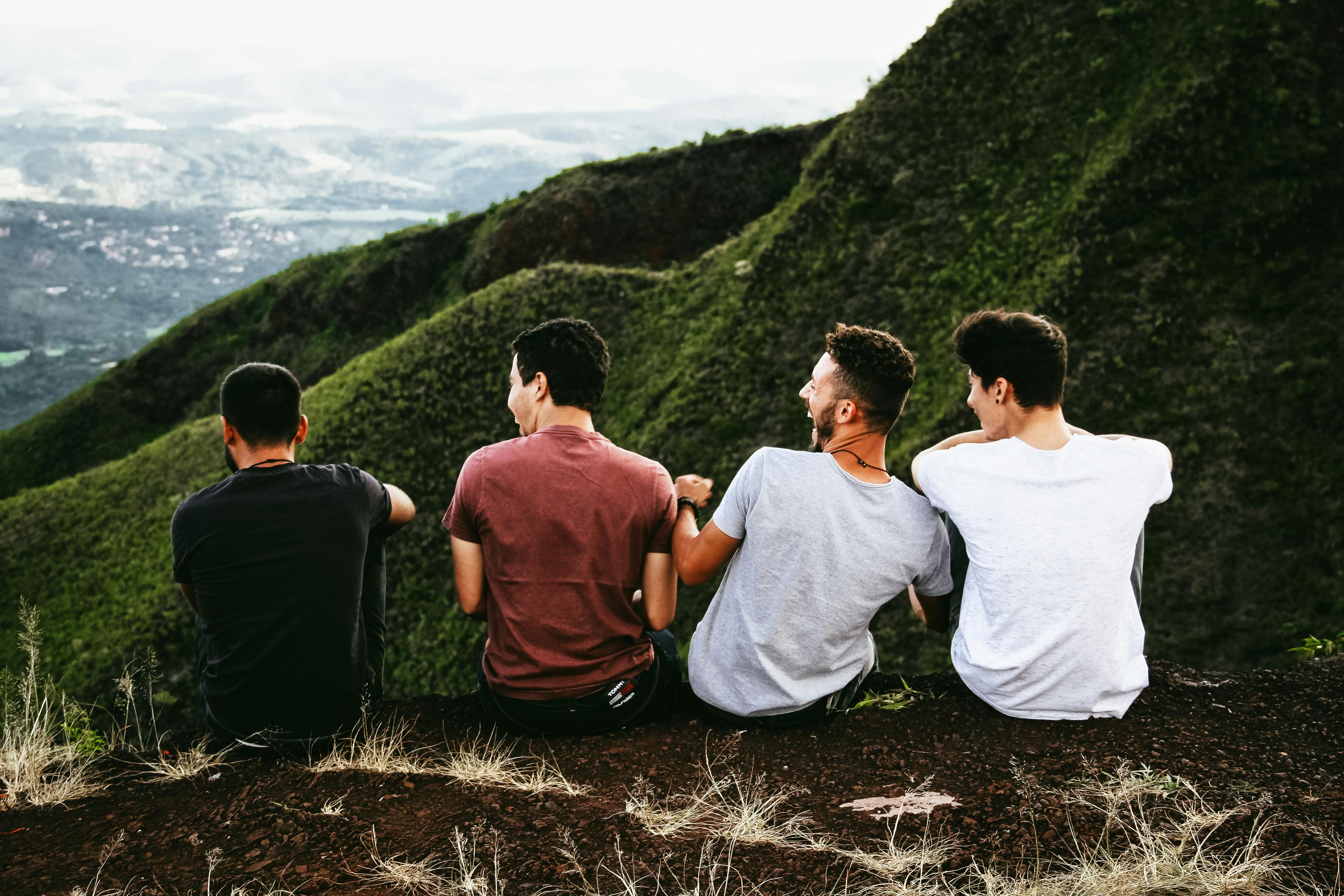
Traveling in a group can cut your expenses by half or more. From splitting accommodation to sharing meals and transportation, it’s one of the most practical ways to reduce your daily budget.
Hostels, Airbnb stays, and group tours often offer discounts when booked for multiple people. Car rentals, gas, and parking fees also become much more manageable.
Besides the savings, group travel brings shared experiences and extra safety, especially in unfamiliar places.
4. Stay in Safe Hostels or Guesthouses

Hostels and guesthouses aren’t just for backpackers. Today, they offer clean, stylish, and often locally run options that add character to your stay.
Many accommodations include complimentary breakfast, shared kitchens, laundry facilities, and helpful travel advice from staff and fellow travelers. Some even organize social events or walking tours.
If you prefer a quieter stay, private rooms are often available at a fraction of hotel rates. You save money without sacrificing comfort or safety.
5. Use City Tourism Cards or Free Attractions
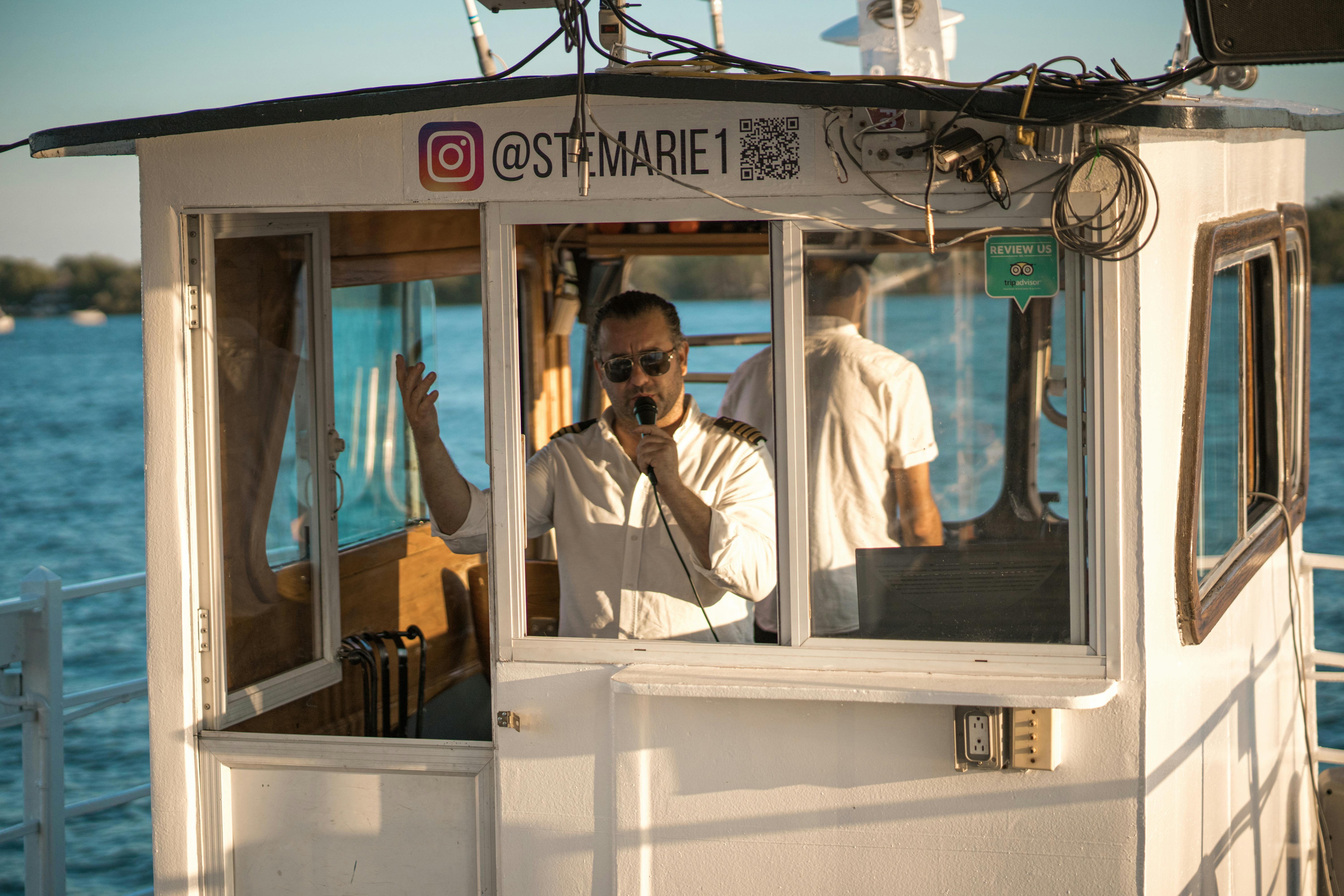
City passes or tourism cards offer great value if you explore multiple sites. They often include public transportation, museum access, and entry to key attractions for a single, bundled price.
Many cities offer many free activities, even without a card. The opportunities are endless, from public art installations and street performances to parks and free museum days.
Check local tourism websites before your trip. You might discover free concerts, open-air movie nights, or festivals that align with your travel dates.
6. Visit Local Markets and Restaurants

Skip the tourist menus. For authentic and affordable meals, head to local markets and family-owned restaurants. This is where you’ll find the real flavors of a place, often at half the cost.
Markets are great for picking up fresh produce, snacks, and meals. They’re also perfect for people-watching and getting a feel for the local culture.
In many countries, street food is both safe and delicious. It’s freshly made, quick to grab, and light on your wallet.
7. Avoid Excess Baggage Fees
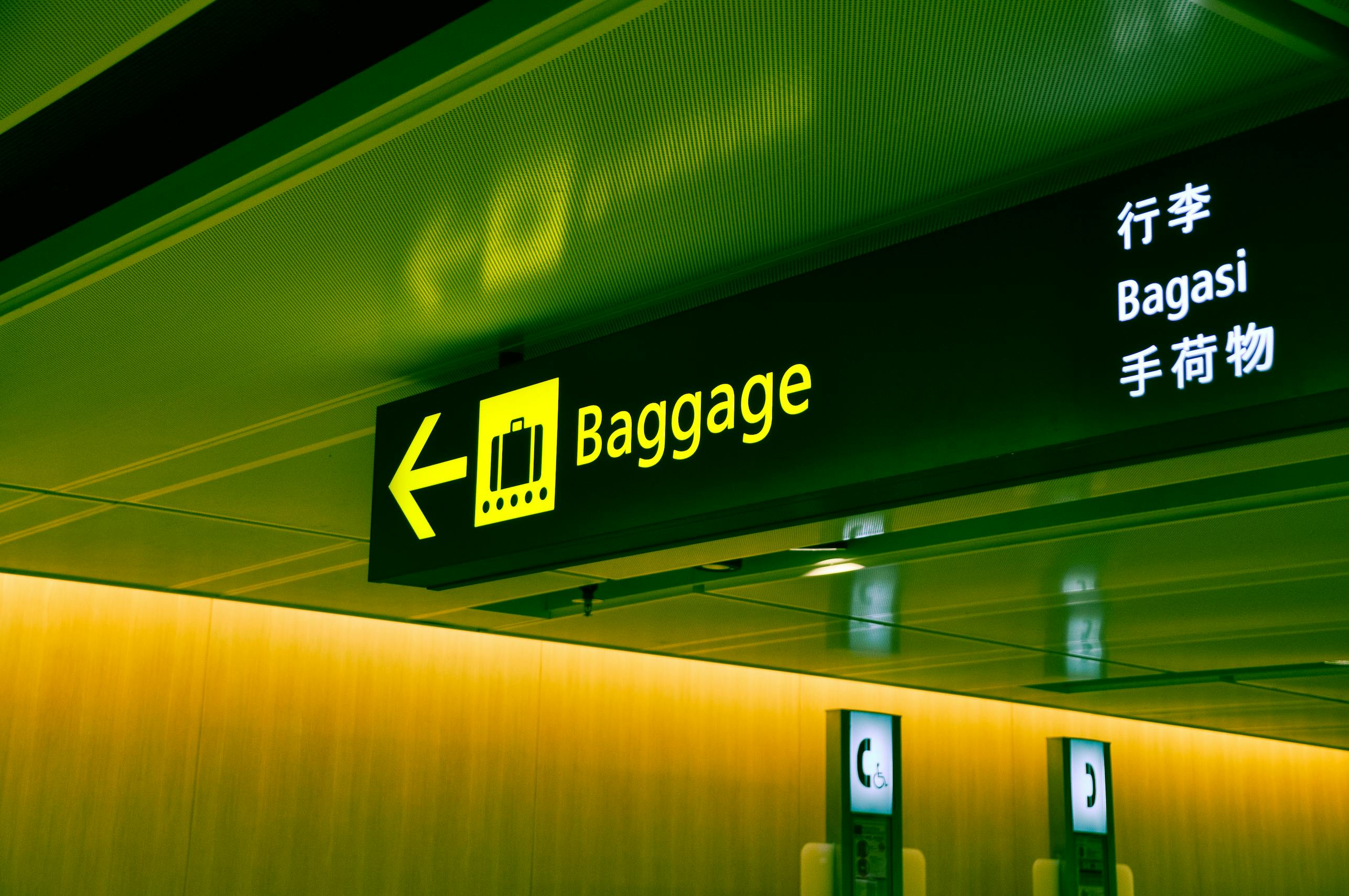
Packing light isn’t just convenient. It saves money. Budget airlines often charge high fees for checked bags and overweight items.
Stick to a carry-on whenever possible. Choose versatile clothing, roll your clothes to save space, and leave room for essentials you might pick up on the road.
Always check baggage allowances before you fly. Investing in a portable luggage scale can help you avoid surprise fees at the airport.
8. Travel Overnight to Save on Accommodation
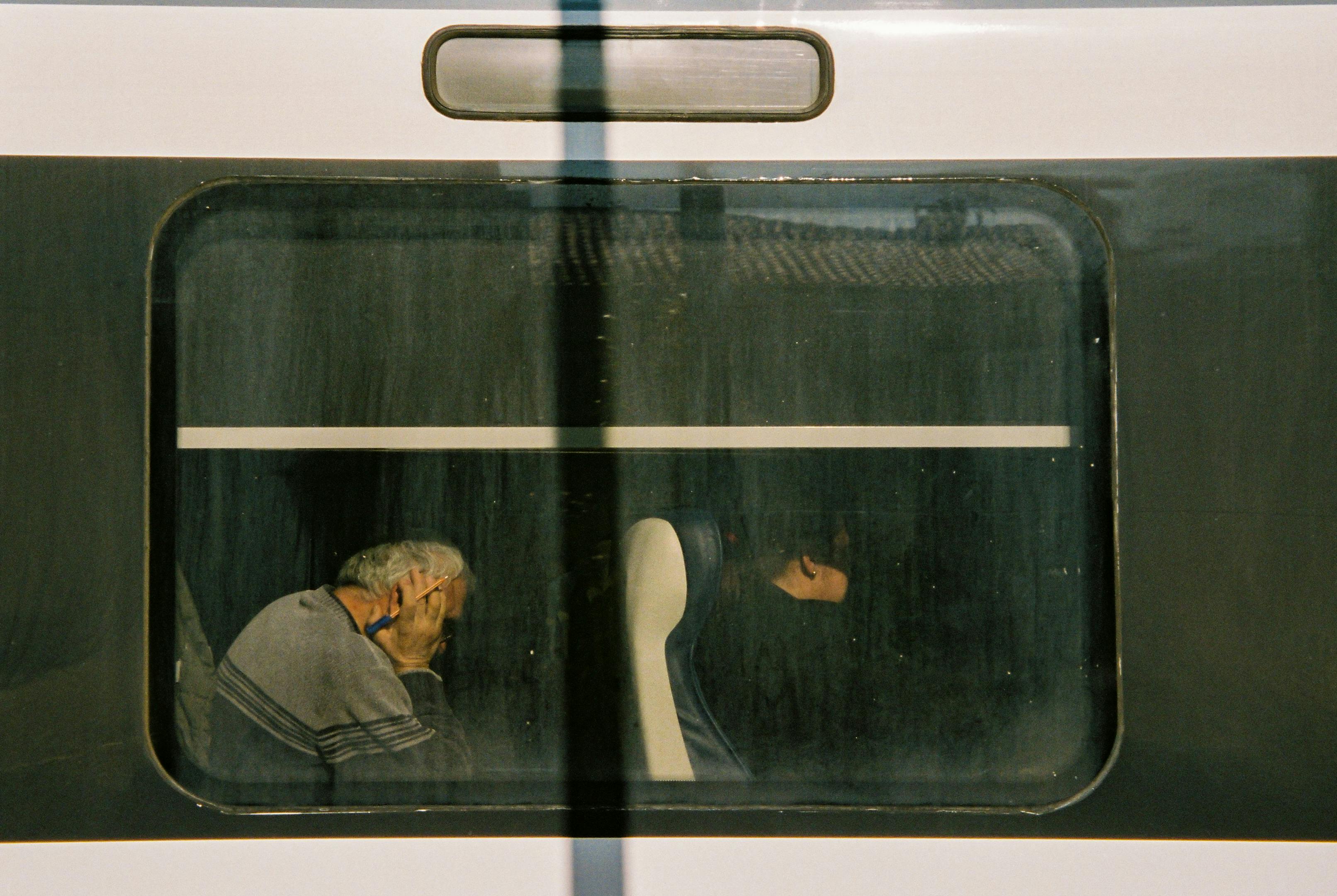
When moving between cities, consider overnight buses, trains, or ferries. They let you rest while you travel and eliminate the need for a hotel that night.
These options are often cheaper than flying and give you a more enjoyable journey. Plus, you arrive at your next destination ready to start exploring.
Bring a travel pillow, a sleep mask, and headphones to stay comfortable. Some services even offer reclining seats or sleeper cabins for added comfort.
9. Use Travel Reward Points or Miles
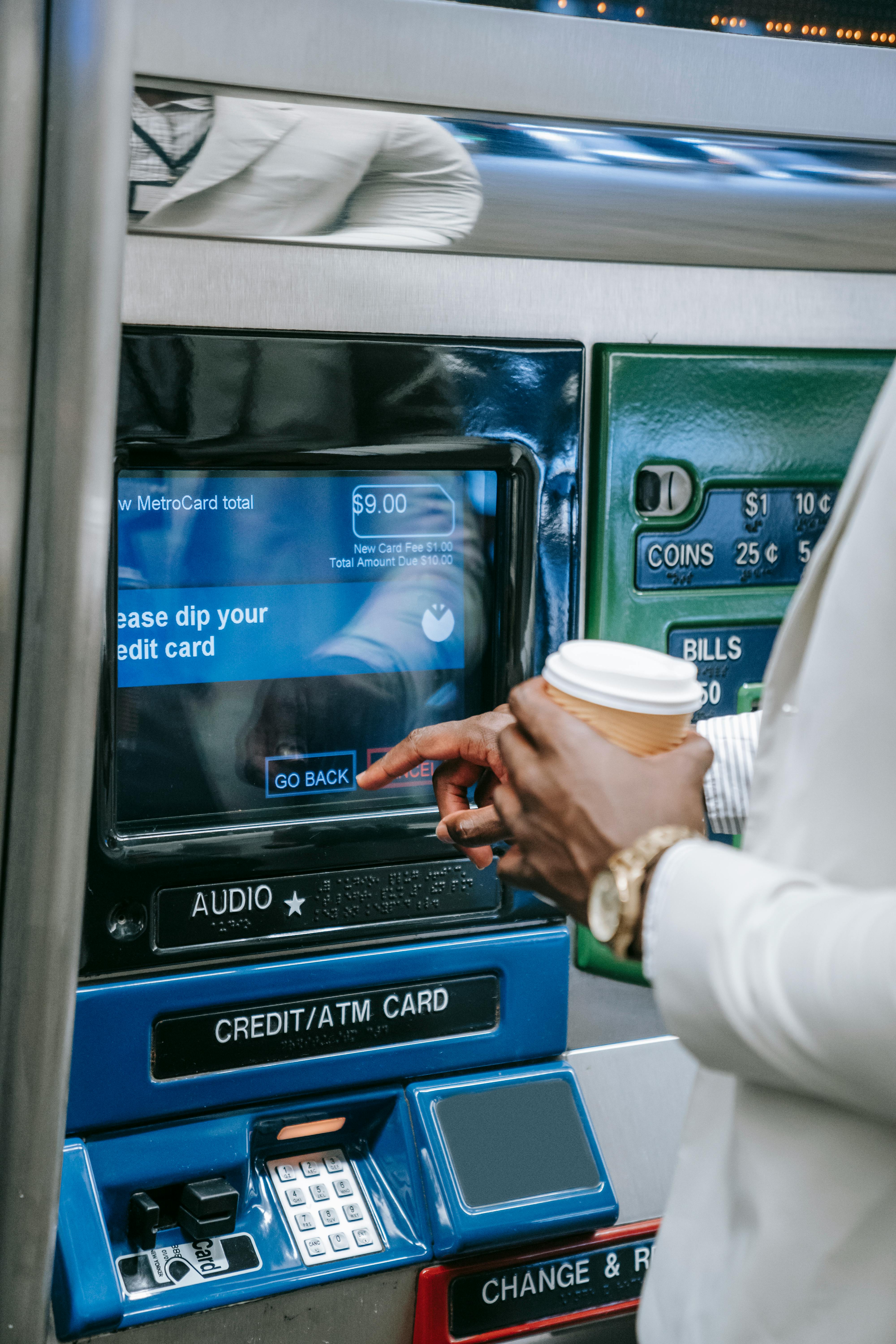
If you use a credit card with travel rewards, your everyday spending could fund your next trip. Points and miles can be redeemed for flights, hotel stays, and rental cars.
Sign-up bonuses alone can be enough for a round-trip flight or two nights in a hotel. Please use these cards responsibly and pay off your balance each month.
Verify if your loyalty program allows point transfers between airlines or hotel partners. This flexibility can unlock even more savings.
10. Book in Advance (or Very Last Minute)

Planning often results in lower costs, especially for flights, trains, and popular accommodations. You also get more choices and better time slots for activities and transport.
On the flip side, last-minute deals can be golden. Hotels and airlines sometimes drop prices drastically to fill remaining spaces. If you’re flexible, this can lead to big wins.
Whether you plan early or book spontaneously, understanding the timing of deals is one of the best ways to stretch your budget.
Travel More, Spend Less, Live Fully
Traveling on a budget isn’t about sacrifice. It’s about wise choices, creative thinking, and a genuine love for the journey. With the right tools and mindset, you can explore deeply, connect meaningfully, and return home richer in experience, not poorer in funds.
So pack your curiosity, be open to new approaches, and don’t let money stop you from discovering the world. Affordable travel is not only possible. It’s often the most rewarding kind of adventure there is.

